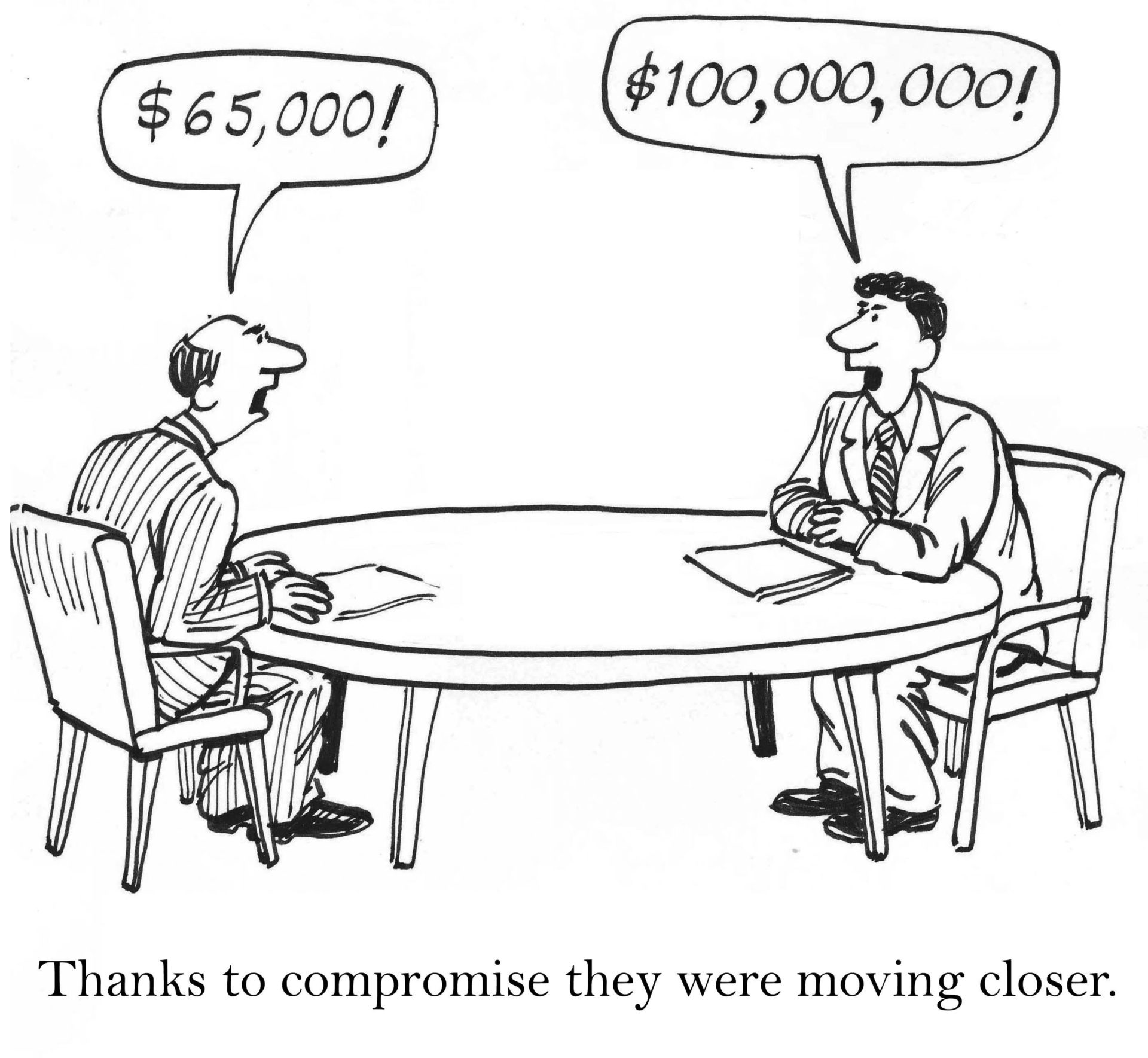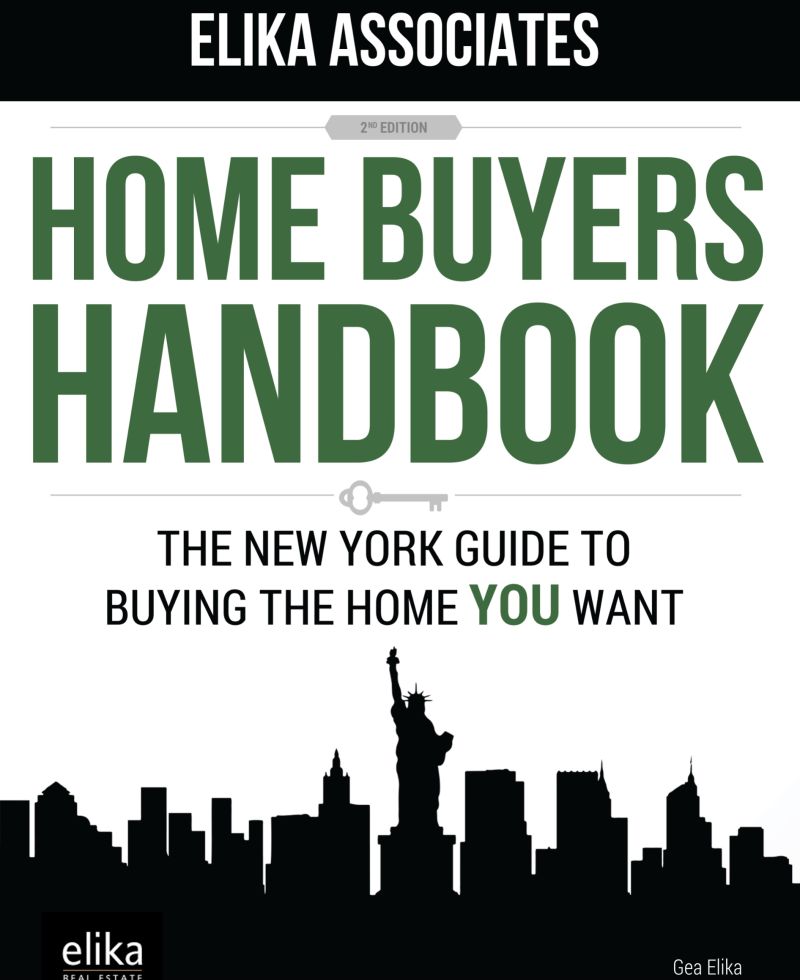Table of Contents Show
Indeed, a buyer’s agent can be there to advise you during real estate negotiations. However, it is easy for buyers to get lost in the moment. Emotions frequently push out rational thoughts, and you can stop listening to the advice your agent is providing you. Buyers need to have a savvy real estate negotiating strategy early in the home buying process and stick to it. We give tips to help you get a fair deal.
1. Know the Value Before Negotiating1. Know the Value Before Negotiating
You need to know the property’s value before making an offer. Your agent should present you with relevant comparable sales. It helps you formulate a fair market value, and this figure assists you in staying financially disciplined.
2. Real-Time Market Indicators2. Real-Time Market Indicators
Seasoned property buyers know that it is nearly impossible to time the market in its peaks and troughs. However, market corrections bring the opportunity to your negotiations in real-time. Monitor your marketplace to base your negotiations on lagging indicators such as comps and today’s valuation. Having an expert buyer’s agent in your corner can help you dig deeper into the numbers to make the correct calculations.
3. Back it up3. Back it up
Your offer price is higher when based on the unit’s fair value. However, merely stating your view is not enough. It would be best to back it up with the facts, including the comparative market analysis report. Remember, no two properties or units are exactly alike. If you think the apartment you are bidding on is valued less, state why you believe in making the case. Be careful with the right comps, particularly if a property is renovated or not; make sure the comps reflect like-kind and are not stale past six months in a moving market.
4. Understand the Seller’s Motivation4. Understand the Seller’s Motivation
Your buyer’s agent can help you determine why they are selling. For instance, if the sellers are going through a divorce, they may take your lowball bid more seriously. Alternatively, the sellers may be in no rush to sell and are waiting for the right offer.
5. Supply and Demand5. Supply and Demand
The ability to negotiate dramatically depends on the supply and demand of a particular property type in a given market. A desirable property in a desirable location at a broadly affordable price point will bring more competition that may dictate the ability or lack of negotiating.
6. Being Liked6. Being Liked
In business, there is a saying that if you want to be, liked, get a dog. However, the sellers’ warm feelings towards you in real estate are confident and work in your favor. There is an emotional connection to the property, mainly if they have raised kids there, not merely an investment. If you pass along a letter to the seller and explain how much you love the place, that will help boost your chances.
On the flip side, being brusque and rude undoubtedly hurts your real estate negotiating. If a competing offer is similar, you will likely lose out.
7. Reach Common Ground7. Reach Common Ground
Try to build some positive momentum by agreeing to the simple stuff. These are items you are willing to concede. Perhaps you are flexible regarding the closing date. Let the seller know, and you come across as reasonable and are in a position to ask the seller for concessions.
8. Understand the Seller’s Point of View8. Understand the Seller’s Point of View
Try to put yourself in the seller’s position. When you do so, objectively decide if you are unreasonable. If so, this could indicate it is time to revisit your offer.
Let the seller know that you have heard their position and understand it when doing so. You may disagree, but at least the seller does not feel ignored.
9. Get it in Writing9. Get it in Writing
Once you reach mutually acceptable terms, both parties must sign the contract after the attorney has completed their due diligence. In New York State, oral agreements are theoretically as binding as written ones. However, it is much more difficult to prove. You will sleep better at night once the seller signs on the dotted line.
10. The Real Estate Negotiation Breaking Point10. The Real Estate Negotiation Breaking Point
At some point, you need to know when to walk away. You do not want to waste your time if you have given your best and final offer and gone as far as possible on other items.








